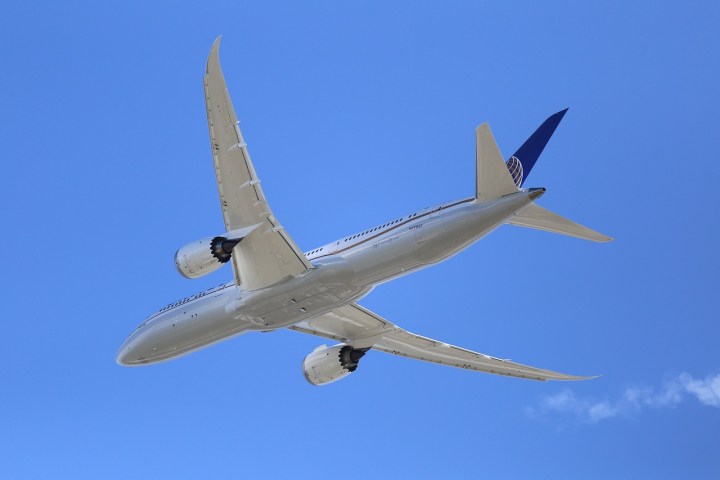
Greg Hyslop, chief technology officer and senior vice president of Boeing Engineering, Test & Technology, recently commented on the acquisition and what’s to come in the future in a statement. “The combined strength and innovation of our teams will advance the development of autonomy for our commercial and military systems,” said Hyslop. “Together, these talented teams will open new markets with transformational technologies.”
This acquisition confirms that Boeing is truly stepping up its investment in autonomous technology, and it will certainly have a foothold in future trends with aviation technology. Officials at the corporation had a lot of positive things to say about Aurora designing fully autonomous flight systems, Eeen suggesting that the company could be trying to incorporate artificial intelligence into the way its planes are being piloted. Hyslop, however, was not providing details as to how exactly Aurora’s technologies would be integrated into Boeing’s business.
Commercial aviation technology is something that Boeing has yet to really delve into, until now. Up until this point, the manufacturer had been focusing on an autonomous submarine as well as some drone projects. Back in June, the company said iy would be looking to automation for commercial aircraft.
All of this news about acquiring Aurora comes just one week after Boeing set up an office for its next-generation passenger airliner, often referred to as the 797. This would be the first plane to take advantage of the company’s research into sensors and automated systems. It’s currently unclear whether or not Aurora’s technology is going to appear on the 797 aircraft.
“It’s hard to predict where the future is going,” Hyslop said in a call with reporters earlier this week. “But I think we know where the vector is pointed and we want to be ready as the technology matures and take full advantage of that in our products.”


